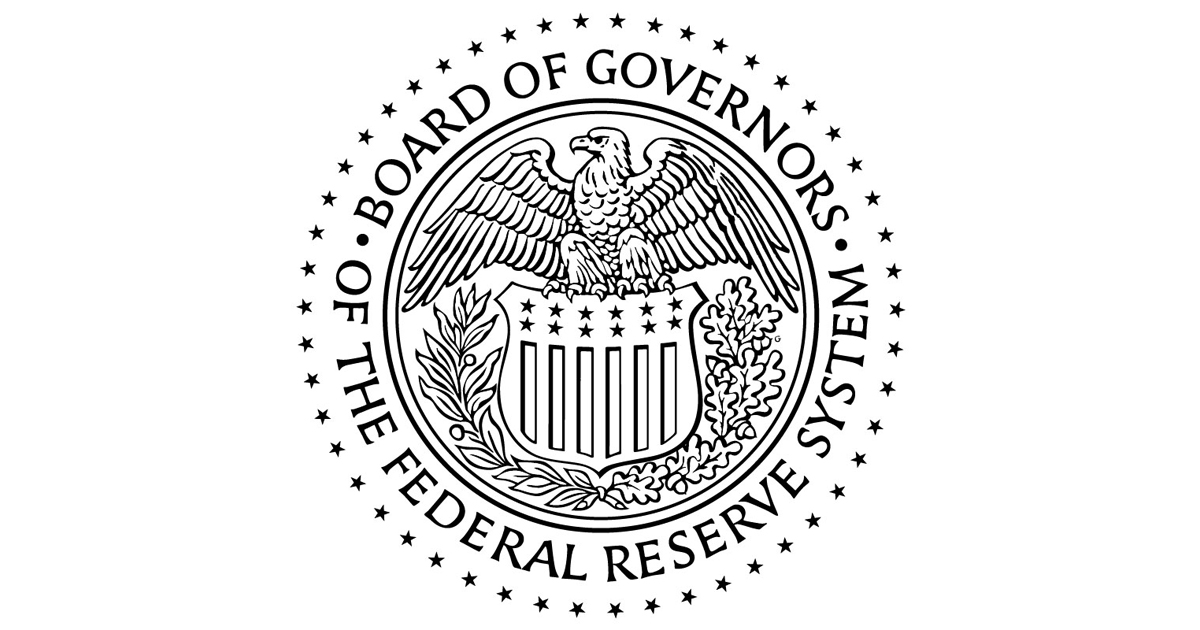Why Small Business Owners Should Hire A Consultant

The right consultant is a strategic ally who can help a small business achieve success.
gettyRunning a small business is a bold and courageous endeavor. It demands grit, creativity, and an extraordinary ability to wear multiple hats all at once. You juggle sales, marketing, operations, customer service, and finance—sometimes with no formal training in any of them. In this high-stakes balancing act, the right support can make all the difference.
This is where consultants come in—not as temporary fixers, but as strategic allies who help small business owners build more resilient, scalable, and successful enterprises. But here’s the challenge: not all consultants are created equal, and not every “expert” adds value.
In today’s entrepreneurial landscape, where uncertainty is constant and speed is critical, small business owners need to choose consultants carefully. In this article, we’ll explore why having an entrepreneurial consultant isn’t a luxury but a smart investment, and what to look for when choosing one.
Contrary to popular belief, business consultants aren’t just for large corporations with deep pockets. In fact, small businesses may stand to benefit even more from external expertise, especially when resources, time, and experience are limited.
Think of consultants as accelerators. They help business owners clarify direction, identify blind spots, avoid costly mistakes, and move faster toward their goals.
Small businesses create two-thirds of net new jobs in the U.S. economy, but face disproportionate barriers to accessing strategic advice, especially in finance, technology, and operations. Consultants bridge these gaps. Consultants can also prevent burnout. Too many founders work in the business rather than on the business. A good consultant steps in with systems, strategies, and accountability—so the founder can reclaim their energy and focus on what matters most.
While there’s no shortage of professionals offering advice, not everyone who calls themselves a consultant is equipped to support small businesses. Beyond knowledge, the right consultant brings alignment, empathy, and real-world practicality.
Let’s break down what truly sets great business consultants apart.
You want a consultant who understands what it’s like to build something from scratch. That means they think like an owner, not a hired gun. They understand the emotional weight of entrepreneurship—cash flow anxiety, employee dynamics, market changes—and they tailor their advice accordingly.
Entrepreneurial consultants don’t just analyze; they relate. They’ve been in the trenches, and their advice reflects lived experience, not just textbook knowledge. This type of consultant doesn’t pitch cookie-cutter frameworks. They design solutions that respect your budget, bandwidth, and unique business model.
Too many consultants deliver a thick report filled with recommendations—then vanish. But what a small business really needs is execution support and accountability.
Outcome-driven consultants focus on impact: increasing revenue, reducing costs, improving retention, scaling operations. They track metrics, align with KPIs, and stay engaged until goals are met. A report is nice. A result is better.
The best consultants don’t walk in with all the answers. They ask questions first. They listen deeply. Then they build solutions with you—not for you.
This approach, often called “co-creation,” is especially effective in dynamic, resource-constrained environments like small businesses, where flexibility and ownership are key to success. Co-creation fosters buy-in from the team, encourages experimentation, and leads to more sustainable implementation.
Small businesses aren’t just systems and strategies. They’re made of people—employees, customers, partners, and families. Entrepreneurial consultants who understand this human element deliver better, longer-lasting results. They’re able to read the room. They coach the founder. They help navigate hard conversations. They empower teams. In short, they help you build a business that works for people.
Some consultants create dependency. Every time something changes, the client has to call them back. That’s bad business.
Great business consultants leave you and your team stronger. They transfer knowledge, build capacity, and introduce tools that keep working even after they’re gone. This is what separates a trusted ally from a transactional vendor. If a consultant isn’t empowering you to stand on your own, they may not have your long-term best interests in mind.
Small business challenges are rarely isolated. A marketing issue might stem from poor customer service. A hiring problem might be rooted in unclear strategy. Strong consultants practice systems thinking—the ability to see how different parts of the business interact. They connect the dots across departments and help you make decisions with broader consequences in mind.
Don’t hire consultants who solve in silos. Hire those who build bridges between your people, processes, and purpose. This approach results in smarter strategies and stronger businesses.
Here’s a quick checklist to help you decide if a consultant is truly an ally:
Many small business owners wait too long before seeking help. They bring in a consultant when sales are down, staff morale is low, or they feel stuck. But the best time to build relationships with consultants is before you’re overwhelmed. Think of it as an investment in clarity, confidence, and growth.
The right consultant won’t just solve problems—they’ll become a long-term thinking partner. A true ally who helps you navigate complexity, seize new opportunities, and become the kind of business leader who builds not just a company, but a legacy.
Choose wisely. And remember: the strongest entrepreneurs are never alone.
Olanrewaju Babalola is an entrepreneurial consultant and business analysis professional with about a decade of experience in strategic, client-facing roles across diverse industries including education, retail, financial services, and consulting. He has guided hundreds of small businesses at different stages around the world to become better in their outputs and outcomes, as a trusted advisor and mentor. He writes about entrepreneurship and small business, leadership, innovation, business analysis and business education. His insights have been featured in numerous business articles on platforms like MSN Small Business, Small Business Currents, BusinessDay, Businessing Magazine, Business Africa Online, and more.












